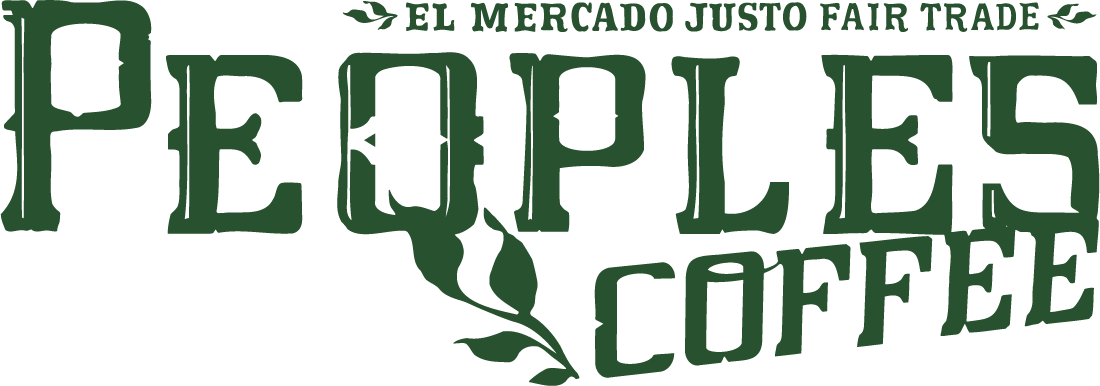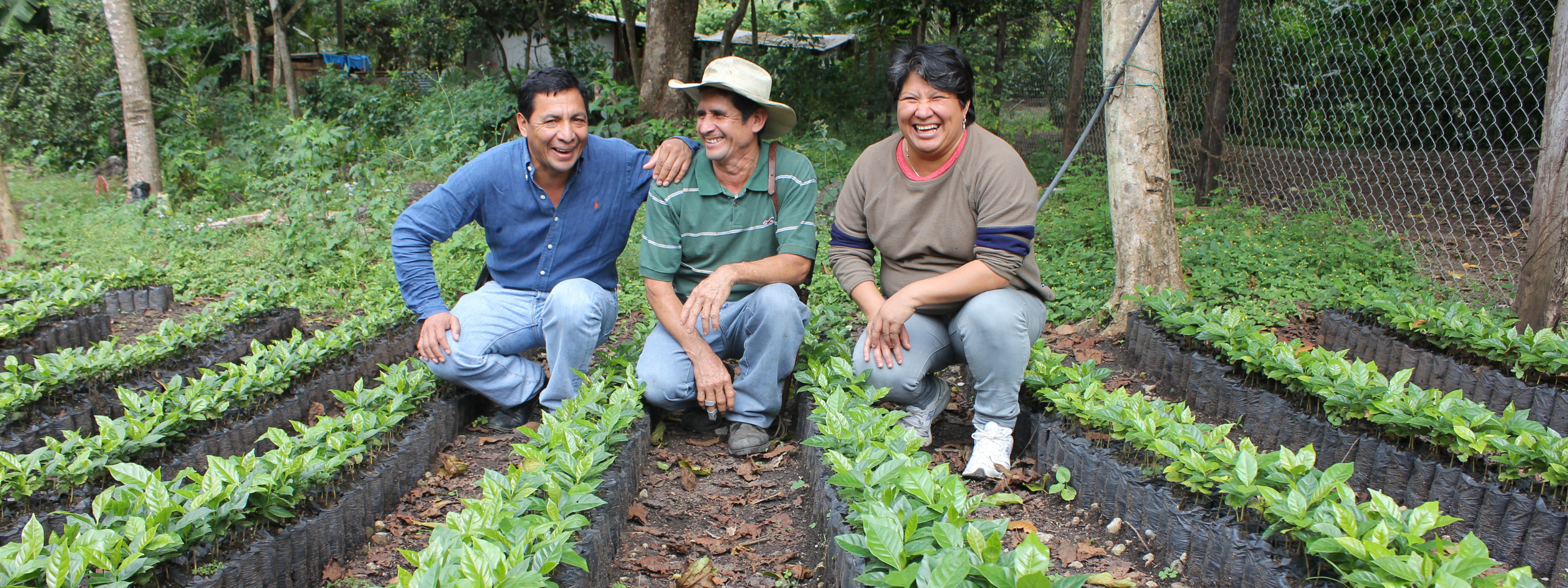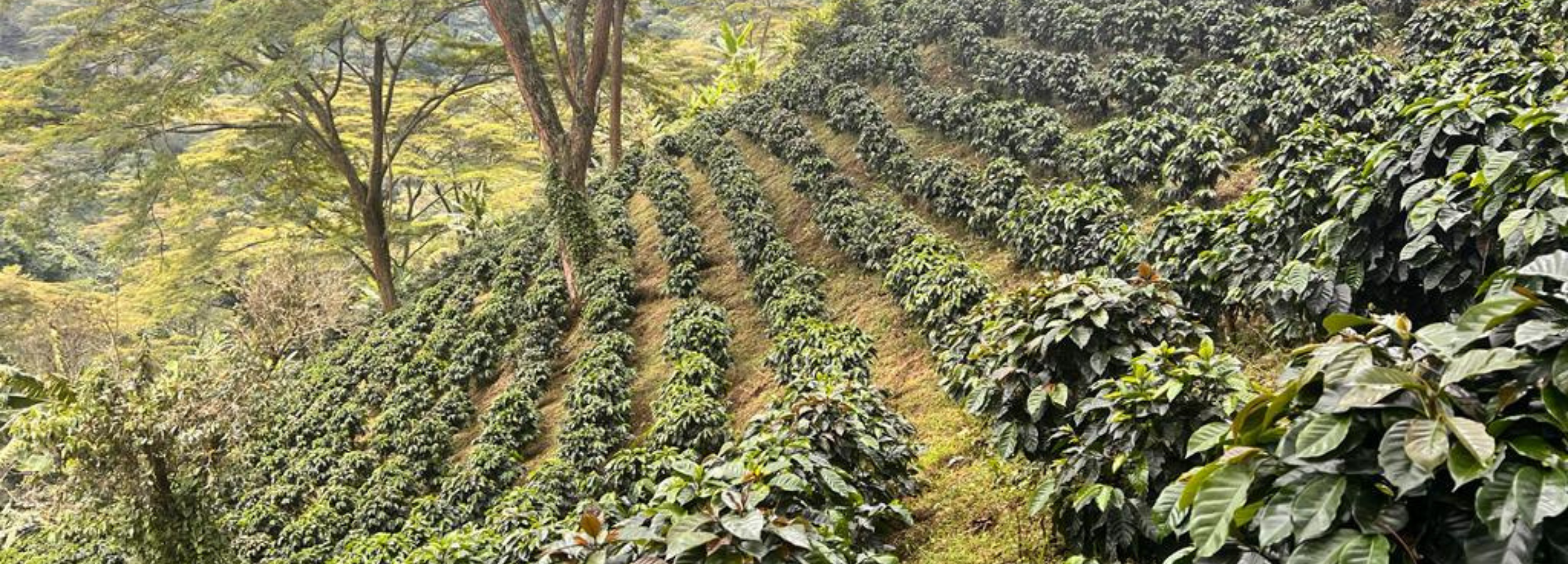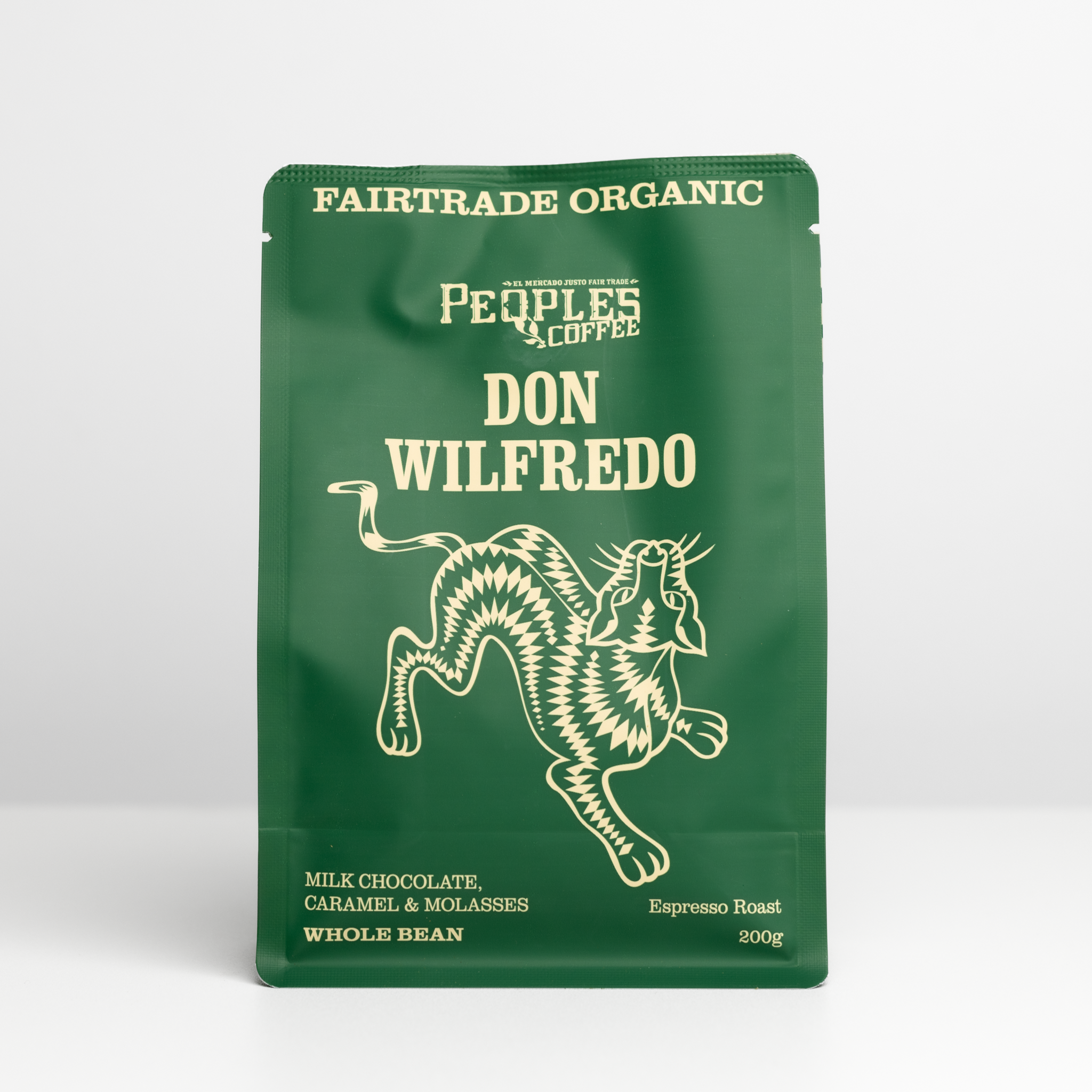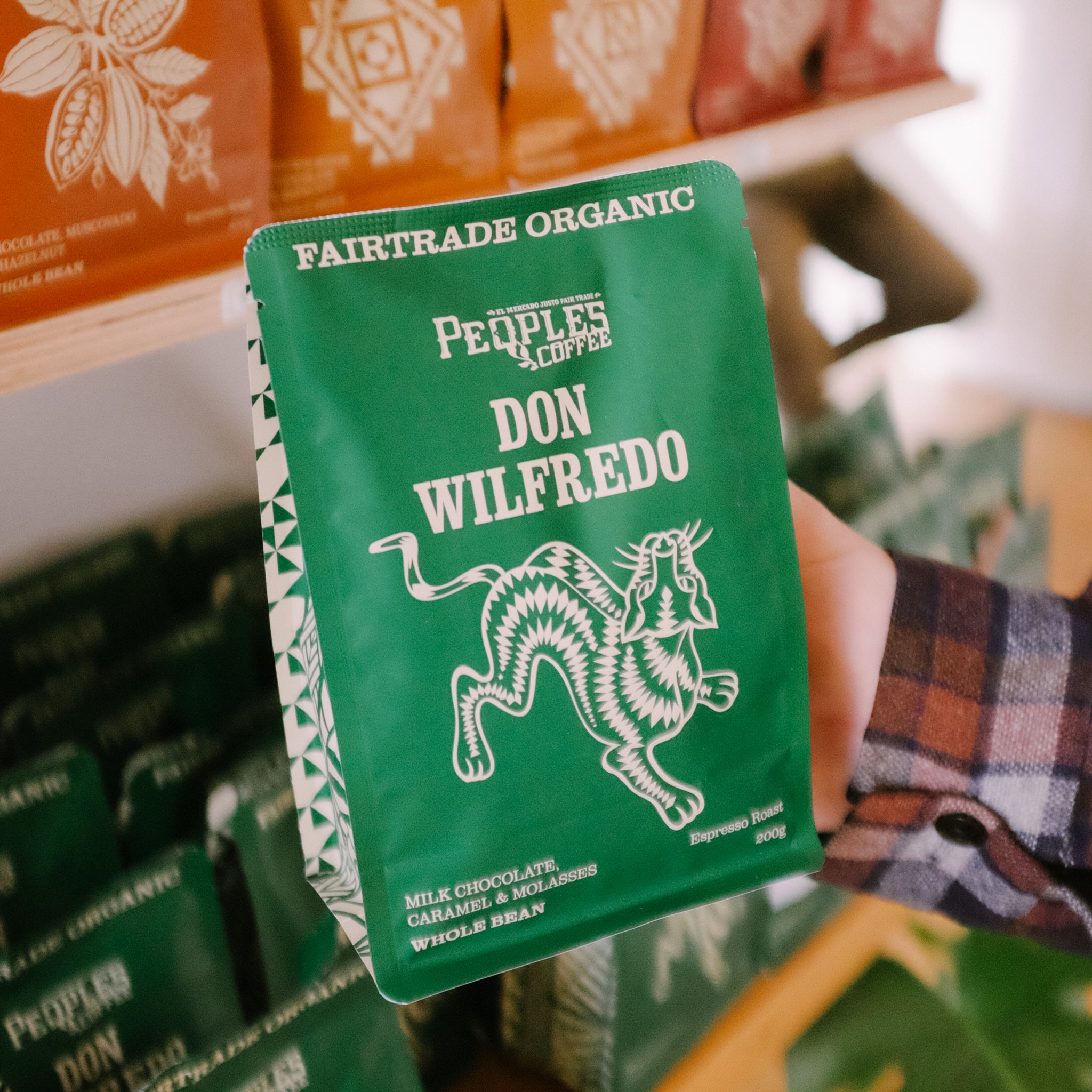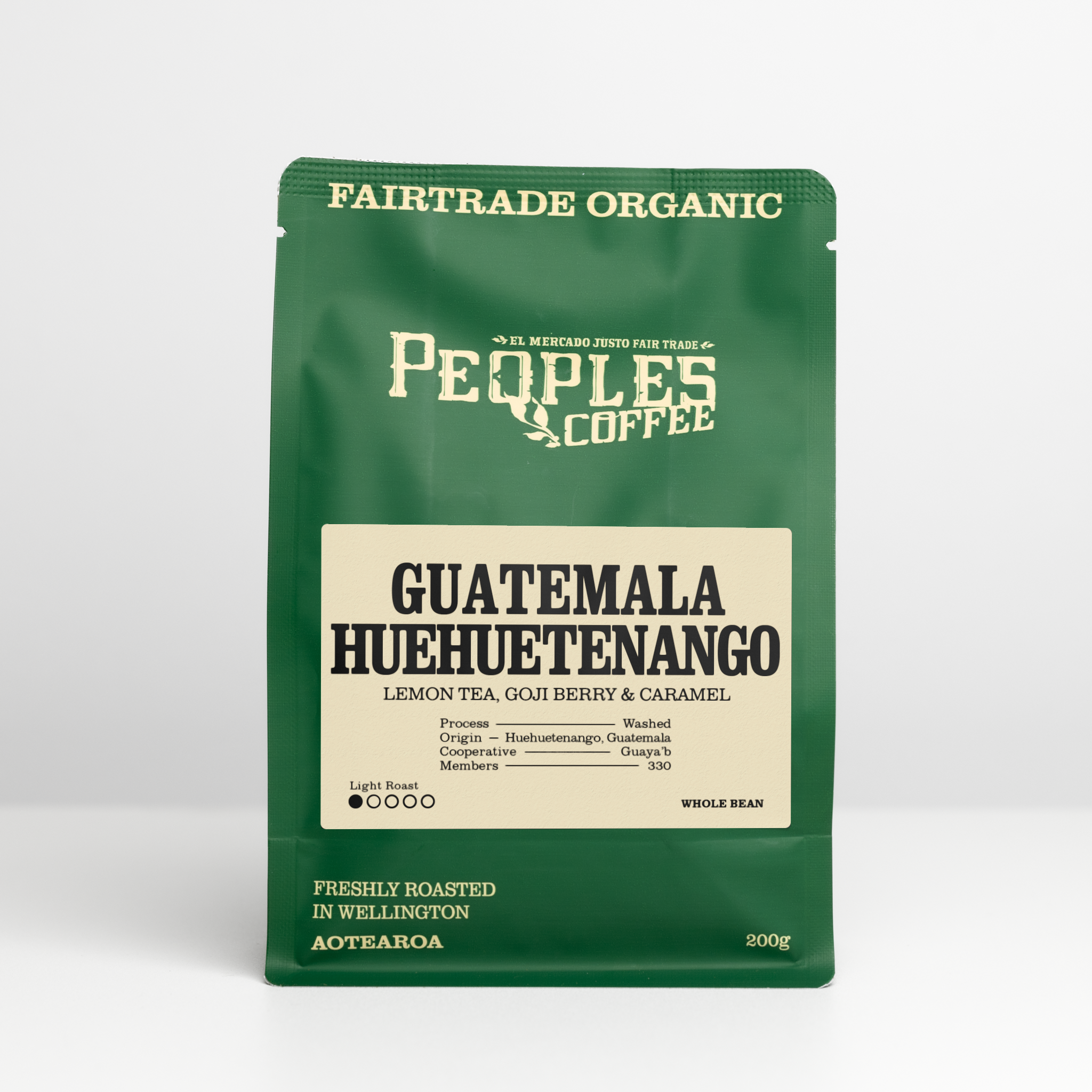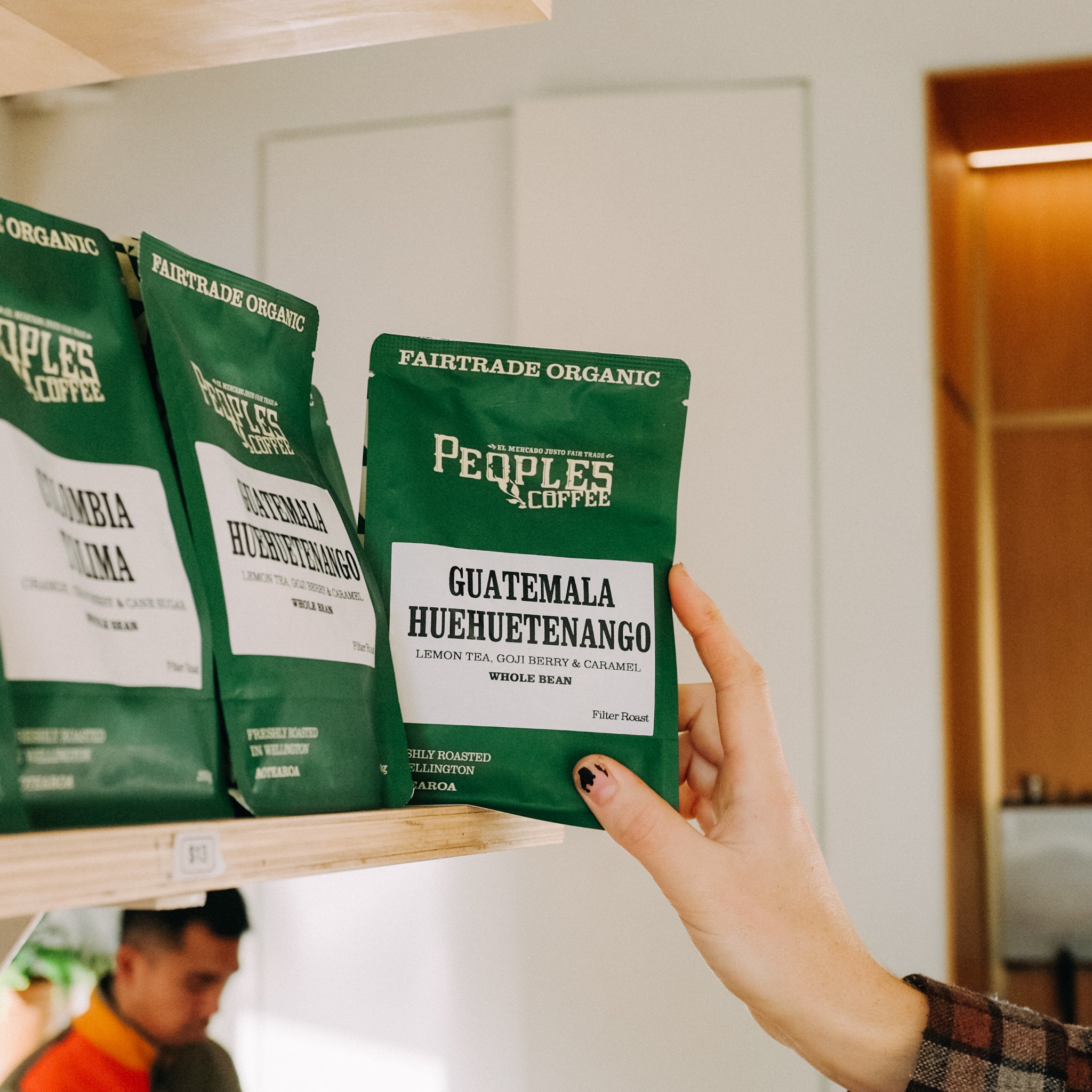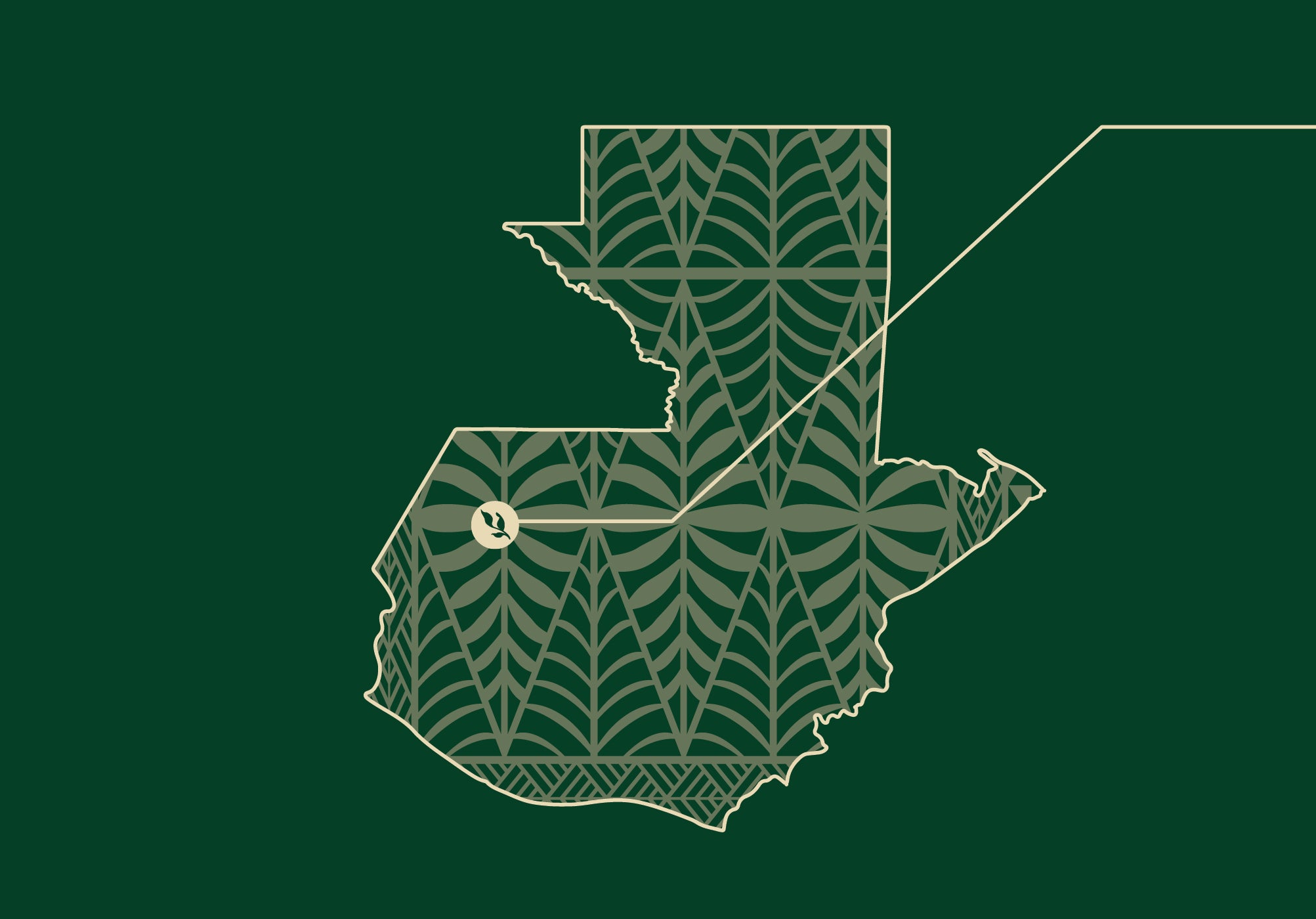
GUATEMALA
COOPERATIVE | GUAYA'B
LOCATION | Sierra de los Cuchumatanes, Huehuetenango
MEMBERS | 330+/- Members (316 Indigenous)
MASL | 900 - 1,800
Guatemala GUAYA’B Asociacion Civil organic coffee cooperative was formed on September 11, 1999, to provide better livelihoods for its members through higher prices and other development assistance. The association represents 477 fair trade coffee and honey producers in the Sierra de los Cuchumatanes region near Huehuetenango, in north-western Guatemala. Members are found in local communities located in the municipalities of Jacaltenango, San Antonio Huista, Unión Cantinil, Santiago Petatan, Concepción Huista, Todos Santos Cuchumatan, San Miguel Acatan, La Democracia, San Pedro Necta, Santiago Chimaltenango, from the department of Huehuetenango.
299 of these producers are listed as sustainable coffee growers and 178 as honey producers, although in practice some members have both honey and coffee. Guaya'b is a popti'-maya word that refers to an ancestral practice of cooperation, "mutual aid". The ancestors did not use money to hire labour. They based their trade and sustainability on mutual aid. The analogies with current operations are based on solidarity and the joint effort to combine volumes and qualities of competitive products in increasingly demanding markets.
Among the services Guaya'b offers to its members are a low-interest loan service (farmers typically are left without sufficient cash in the months before harvest to pay for essentials, and may not be able to find casual work in this period either), and services for local women such as nutritional advice and work and business training (making honey-processing equipment and running a honey store in Jacaltenango).
Technical assistance aimed at improving the quality of honey and fair trade coffee production is central to Guaya'b's work. The cooperative provides an at-cost supply of certified coffee seedlings to its members. A revolving credit fund supports members' efforts to renovate their coffee farms.
Construction of its own wet processing mill on the outskirts of Jacaltenango has created an opportunity for many coffee-producing members of Guaya'b to process their organic coffee from the cherry stage to dried coffee parchment much more cheaply (at about 25% of the previous cost), and quickly, than they previously could. It is also expected that by using the wet mill farmers can produce a more consistent, higher quality coffee than they can in their own backyards.
